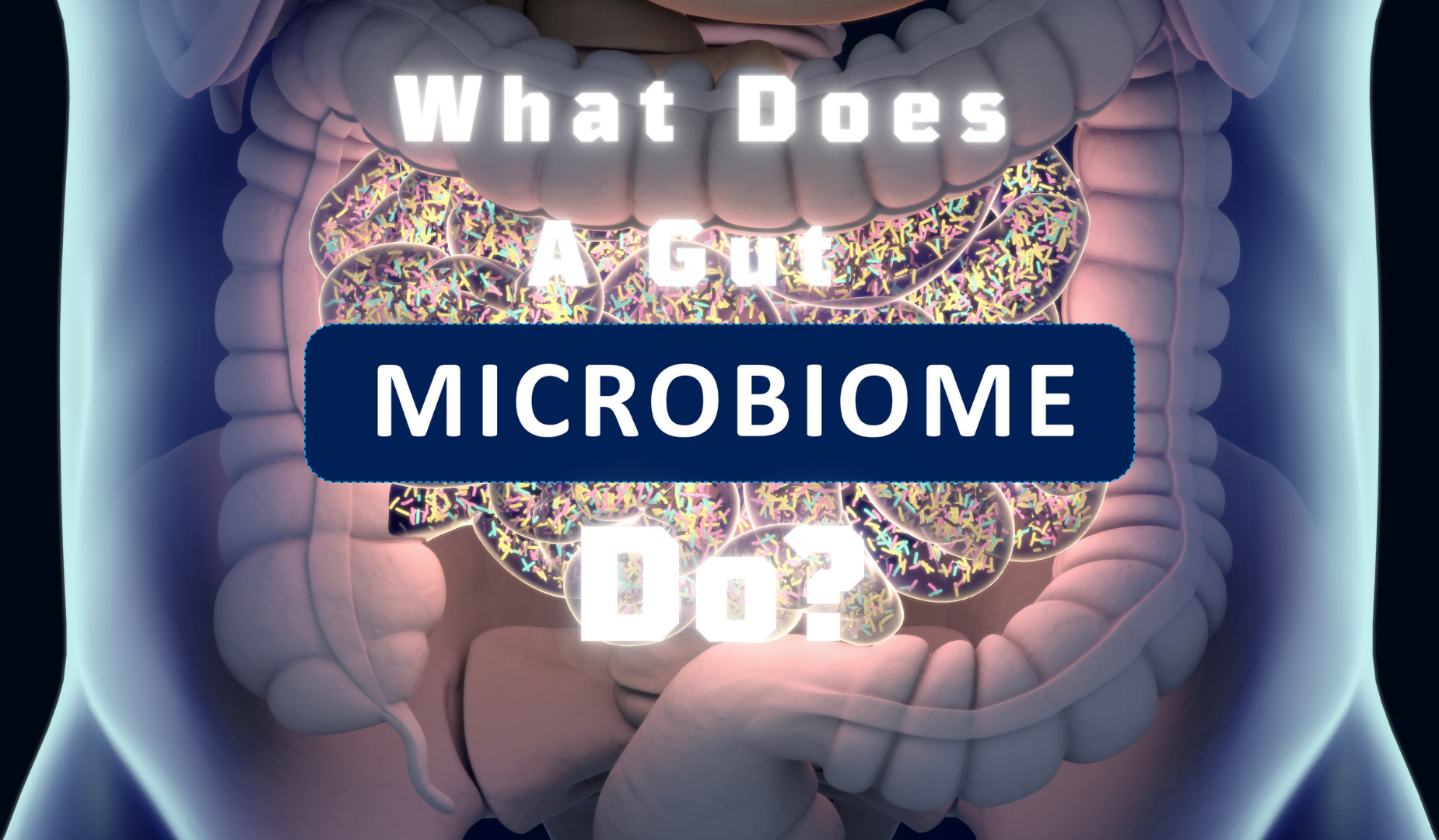The body’s gastrointestinal tract or gut is responsible for processing food. It comprises different parts, from the mouth to the anus. Digestion starts when food is chewed in the mouth, then it makes its way to the stomach through the esophagus and into the small and large intestines.
According to the National Institute of Diabetes and Digestive and Kidney Diseases (NIDDK), digestion is an important body process because through this, the body will be able to absorb nutrients such as vitamins, proteins, and carbohydrates. The nutrients are broken down into smaller parts for absorption, and these are then used for different functions such as cell repair and as a source of energy.
What Is A Gut Microbiome?
Microorganisms and bacteria may also play a role in digestion. The gut microbiome is composed of trillions of microorganisms that are present in the intestinal tract and aids in breaking down and absorbing the nutrients from food. However, not all microorganisms are beneficial to the body. Hence, it’s best for individuals to run tests from My Psomagen and others to help identify the present microorganisms and how to improve the gut microbiome.

What Influences The Gut Microbiome?
Since the human body is influenced by different factors, the gut microbiome differs for every individual. Some experts even believe that it can be influenced as early as childbirth, including the baby’s delivery method and milk used. As a person ages, its gut microbiota also changes. New bacteria may be introduced, creating a diverse microbial community.
Generally, how you live affects your gut health and its microbiome, including your lifestyle, eating habits, and surrounding environment. For example, it’s believed that a high-fat diet may reduce bacteria growth while a high-fiber diet may increase the growth of good microorganisms found in the gut. Moreover, antibiotics and different medications are believed to also alter the gut microbiota by either preventing or supporting the growth of different bacteria.
If you live an active lifestyle, chances are you may have a diverse gut microbiota. Different harmful lifestyle habits such as smoking and drinking alcohol regularly are believed to cause an imbalance in the gut microbiome, which is referred to as dysbiosis.
Trust Your Gut
Maintaining the gut microbiome is essential since it may affect how the body regulates certain functions such as weight and immune system regulation. It may also affect other health concerns such as:
- Brain Health
Although backed with limited scientific data, the gut microbiome may affect the body’s brain function and mood. Some bacteria may help in producing serotonin, which is a hormone that helps stabilize a person’s mood. Additionally, since the gut is connected to the brain through numerous nerves, signals sent from the digestive tract may be affected by the microorganisms.
- Diabetes
Having an imbalance in the gut microbiome may lead to certain health conditions such as diabetes. It’s believed that microorganisms may affect the body’s absorption of glucose. In an article, scientists from different institutions believe that a certain type of bacteria integrated into a person with diabetes may show a positive effect on their condition.
- Infections
Aside from playing a role in the synthesis and absorption of nutrients, it may also help in fighting off infections, which may cause health complications. A healthy gut act as a barrier from different harmful microorganisms and toxins from entering the body’s bloodstream.
How To Improve The Gut Microbiome
If you’re concerned about your gut health, there are several ways to improve your gut microbiome such as:
- Eat More Greens: It’s believed that having a high-fiber diet may help in maintaining good gut health.
- Consume More Probiotics: You may have heard about probiotic drinks and supplements. These may be excellent sources of good bacteria such as lactobacillus, which may help ensure a balanced gut microbiome. Fermented food may also be a good source of probiotics such as yogurt.
- Keep Away From Antibiotics: You may have taken antibiotics when you have an infection and have gotten better after a week of treatment. Antibiotics may help by wiping out bad bacteria, but they may include the good bacteria present in the gut. While on treatment, it’s best to drink probiotics to replenish the good bacteria. Additionally, watch out for meat products that may come from animals raised with antibiotics.
- Stay Active: It’s believed that people who exercise regularly have healthier and more diverse microbiomes. You may choose to go for short runs or yoga sessions.
Takeaway
The gut microbiome is composed of many microorganisms and bacteria that may help in digestion. Maintaining healthy bacteria is essential in keeping the body fit. It may have significant effects such as regulating brain functions and preventing certain diseases that may be brought by infections. It’s best to maintain a healthy lifestyle such as having a balanced diet and getting enough exercise to maintain a diverse microbiome.
